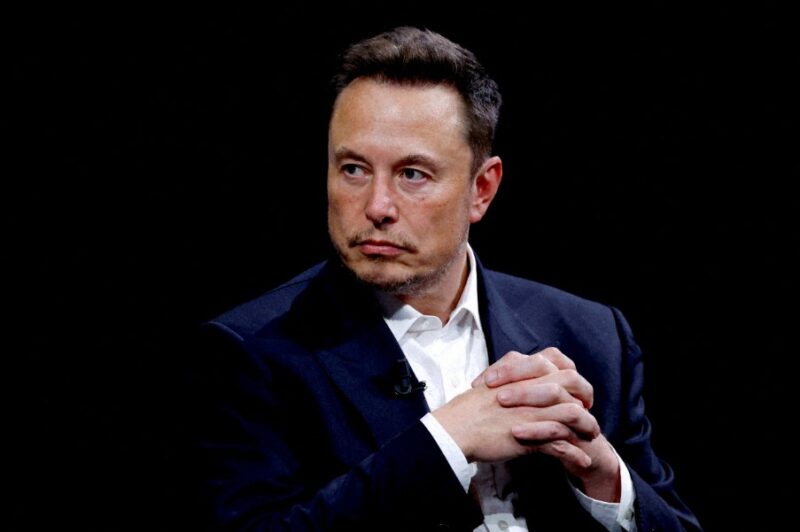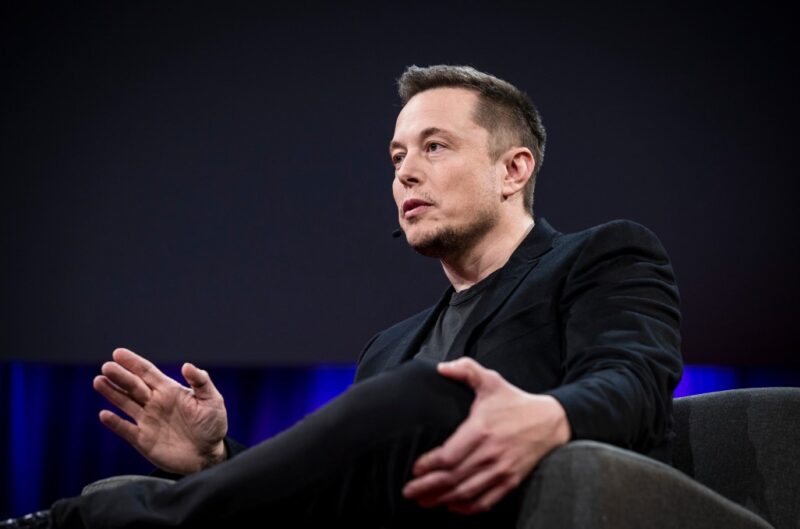Elon Musk is renowned not only for his groundbreaking ventures in technology and transportation but also for his staggering wealth. The scale of his earnings is simply mind-boggling. Did you know that Musk rakes in approximately $656 per second?
Yes, you read that correctly! In just 60 seconds, he makes over $43,000. It’s an incomprehensible amount for most people to fathom, but for Elon Musk, it’s just another moment in his extraordinary financial trajectory.
Key Takeaways:
- Elon Musk earns approximately $656 per second, translating to over $43,000 per minute.
- Musk’s estimated net worth is a staggering $205.2 billion as of January 2024.
- Most of Musk’s wealth is tied up in stock holdings, making his financial situation complex.
- The scale of Musk’s earnings raises questions about the responsibilities of immense wealth.
- Stay tuned to explore the extent of Elon Musk’s wealth and his philanthropic controversies.
The Extent of Elon Musk’s Wealth

Elon Musk, the renowned entrepreneur and business magnate, possesses an astounding net worth of $206 billion. His wealth is the result of successful ventures across a diverse range of companies.
Musk’s most prominent and widely recognized company is Tesla, the market-leading electric vehicle manufacturer known for its innovative products and sustainable vision. Through Tesla, Musk has revolutionized the automotive industry and secured a significant portion of his wealth.
In addition to Tesla, Musk holds substantial interests in SpaceX, the private aerospace manufacturer and space transportation company. SpaceX has achieved numerous milestones, including launching reusable rockets and sending the first privately funded spacecraft to the International Space Station.
Furthermore, Musk’s entrepreneurial pursuits extend to other areas. He has been involved in the establishment and development of Neuralink, a neurotechnology company aiming to merge the human brain with artificial intelligence. Musk is also associated with The Boring Company, a tunnel construction company focused on creating advanced transportation solutions for urban environments.
It is worth mentioning that Musk’s presence goes beyond his business ventures. In the realm of social media, Musk’s Twitter (now known as X) account has garnered significant attention for his outspoken nature and often controversial statements.
As impressive as Musk’s net worth is, it is important to note that the values of these companies can fluctuate over time, directly impacting Musk’s overall wealth. The stock market, financial performance, and market sentiment all play a pivotal role in determining the value of Musk’s investments and, consequently, his net worth.
Elon Musk’s Philanthropic Controversies
Elon Musk has faced criticism for not leveraging his vast wealth for philanthropic purposes. Despite pledging to end world hunger, little action has been taken to fulfill this promise. Instead of fulfilling his commitment to the United Nations, Musk allocated a $6 billion donation to his own foundation.
This approach allowed him to mitigate capital gains and income tax liabilities.
Elon Musk’s philanthropic endeavors have been a subject of debate in recent years. While he is known for his ambitious visions and groundbreaking innovation, his approach to philanthropy has raised eyebrows.
View this post on Instagram
Despite his prominent position as one of the world’s wealthiest individuals, Musk has appeared hesitant to make substantial donations towards charitable causes or global issues.
In 2021, when the United Nations World Food Programme launched its campaign to raise $6 billion to combat world hunger, Musk pledged to donate that exact amount through his foundation.
However, instead of fulfilling this commitment, he directed the funds to his own foundation, creating controversy. Critics argue that this maneuver allowed Musk to prioritize his personal agenda and potentially avoid higher capital gains and income tax liabilities that would have been incurred through a direct donation to the UN program.
While Musk’s foundation, known as the Musk Foundation, does support various initiatives, its funding and impact pale in comparison to the staggering wealth amassed by Musk.
This has led to calls for greater transparency and a more proactive approach to philanthropy from Musk, considering the scale of his wealth and the potential positive influence it could have in addressing pressing global challenges.
The Musk Foundation ─ Priorities and Impact

The Musk Foundation, founded by Elon Musk in 2002, aims to support projects in the areas of renewable energy, science and engineering education, and pediatric healthcare. It has contributed to initiatives such as providing solar power systems for disaster-hit areas, supporting research on sustainable energy solutions, and donating funds to educational institutions.
However, critics argue that the foundation’s impact has been relatively limited compared to the vast resources available to Musk. Despite his immense wealth and the potential for significant contributions to be made in areas such as environmental conservation, poverty alleviation, and healthcare, Musk’s philanthropy remains a topic of scrutiny.
| Year | Total Donation Amount |
|---|---|
| 2020 | $30 million |
| 2019 | $41.6 million |
| 2018 | $12.5 million |
The table above showcases the annual donation amounts made by the Musk Foundation in recent years. While these figures are not insignificant, they represent a fraction of Musk’s overall wealth and raise questions about the extent of his commitment to philanthropy.
“Elon Musk’s philanthropic efforts have fallen short of expectations, considering the magnitude of his resources. It is essential for individuals of his stature to use their wealth and influence to make a positive difference in the world.”
- Despite the controversies surrounding his philanthropic approach, Musk’s contributions to various industries and his dedication to advancing technology cannot be ignored.
- His companies, such as Tesla and SpaceX, have revolutionized electric vehicles and space exploration, respectively, shaping the future of transportation and interplanetary travel.
- While critics argue that Musk could do more to address social and environmental issues through philanthropy, supporters contend that his focus on innovation and disruption has the potential to bring about positive systemic change.
Conclusion

Elon Musk’s financial decisions and growing wealth have sparked significant interest and debate. With a net worth of $206 billion and earnings of about $2,378 per second over three years, Musk’s financial situation is a testament to his entrepreneurial success.
As his influence extends across various industries, from electric vehicles with Tesla to space exploration with SpaceX, Musk’s actions prompt reflection on the implications of vast wealth and the responsibilities it entails.
Musk’s rapid wealth growth has positioned him among the wealthiest individuals globally, igniting discussions about income inequality and the concentration of wealth. While his success showcases the potential of entrepreneurial ventures and innovation, it also raises questions about the distribution of resources.
Critics argue that such immense wealth could be better utilized through philanthropic initiatives addressing pressing global challenges.
However, it is essential to acknowledge that personal wealth carries its own set of responsibilities and complexities. As Musk navigates the intricacies of managing his financial affairs, his role as a public figure adds layer of scrutiny.
Balancing financial growth with societal impact is a challenge that Musk, as one of the world’s wealthiest individuals, continues to grapple with.
